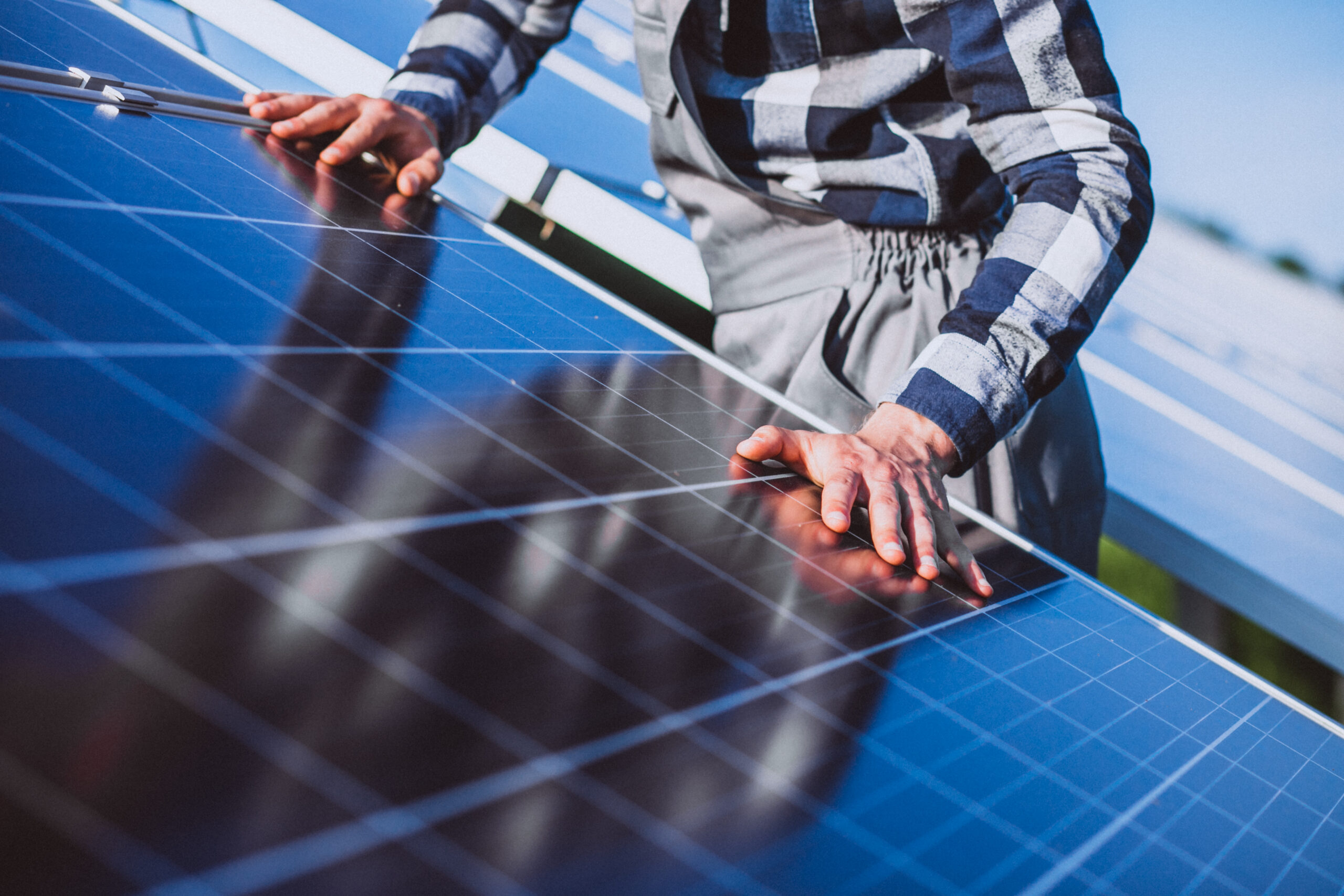
One of the lesser-known facts about conventional energy sources is that a lot of water is required to produce and distribute, and because of this limitation, fossil fuels affect our country’s vital water reserves, being environmentally harmful and unsustainable in nature. If you live in a dry area, where water is scarce and the sun burns mercilessly all year round, you should consider switching to solar energy.
Read on to learn how solar panels save water while efficiently providing power to your home or workplace.
Solar panels do not use water to generate energy
Conventional power plants use large amounts of water to cool themselves. In 2010, US power plants withdrew fresh surface water for all purposes, according to the US Geological Survey. However, solar systems generate energy without the need for cooling or water. A report by the International Renewable Energy Agency (IRENA) in 2015 shows that producing a unit of electricity with solar panels uses only 1/200 of the water of a typical power plant.
Running an electric car on solar panels uses less water than running a car on gasoline or biofuels
Using solar energy can also reduce your water footprint on roads. Additionally, the panels have minimal impact on water, especially when compared to gasoline (an oil-based fuel that powers the vast majority of vehicles today). Oil, like coal and natural gas, requires a large amount of water for extraction and processing. The Argonne National Laboratory estimates that it takes approximately 36 gallons of water to make one gallon of gasoline in a day, which corresponds to the water consumption of several hundred billion gallons per year. Liquid biofuels such as ethanol can also consume large amounts of water in the cultivation and processing of energy crops. Argonne estimates that making a gallon of corn-based ethanol can require more than 200 gallons of water to use.
If you’re looking to save water, then driving a solar-powered electric vehicle is likely a good choice.
Solar fuel uptake (sunlight) does not directly require water.
In contrast, the extraction and processing of fossil fuels often require large amounts of water. When fossil fuel companies drill for natural gas and oil, they often inject high-pressure fluid into the wells to “break” the underground rock so they can extract the fuel. This high-pressure fluid consists mainly of water, which is why it is called “hydraulic fracturing” or as it is more commonly known “fracking”.
Floating Solar Panels Save More Water Than You Think
Floating solar parks, also known as “floatovoltaics”, are growing in popularity today. The partial covering of tanks and large bodies of water with solar panels not only increases clean energy but also reduces evaporation. For example, when a vineyard in Napa installed floating plates in an irrigation reservoir, not only was the vineyard powered but evaporation was reduced by 70%.
Solar panels help improve water management and efficiency
Implements that keep the water clean and drinkable typically consume large amounts of electricity generated by power plants that (ironically) use water extensively to operate. However, by installing solar panels, these water treatment systems become less dependent on power plants (or indirectly on water). In addition, the money they save from being less dependent on power plants can be invested in advanced water management and efficiency technologies.
Conclusion
Regardless of any perspective, solar energy is clean, renewable and helps to save water. As a result, your home or business can use it to generate energy that doesn’t deplete a vital resource like water.
So if you want to invest in solar panels that will save you tons of water in the long run, or if you want to learn more about how solar energy saves water, contact us.




